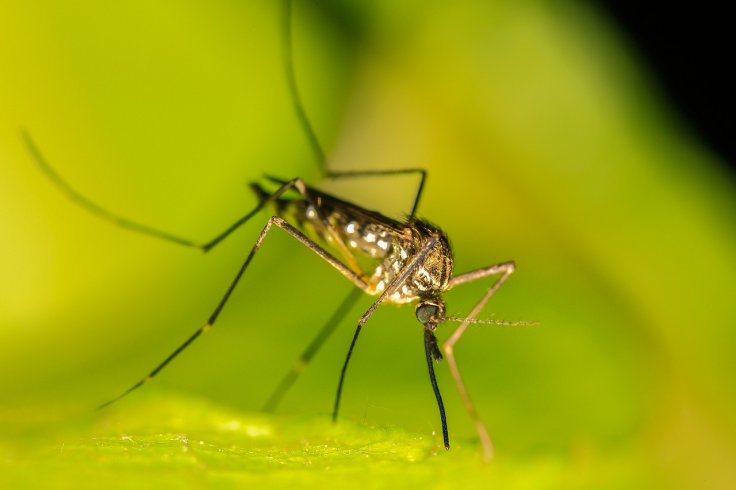A nearly invisible bite delivered by a tiny mosquito has the capacity to trigger the fear of dengue in a human being who is millions of times larger than the insect. Such is the deadliness of the disease. However, one may not have to be harrowed by the fear of contracting the disease anymore.
In an effort to combat the spread of dengue, and counter the virus causing it, scientists at CSIRO, and the University of California San Diego have created a breed of genetically modified mosquito that is resistant to spreading all the four serotypes of the disease.
Talking about the research that is the first engineered approach towards targeting all the four serotypes, Dr Prasad Paradkar, senior research scientist, said in a statement, "In this study we used recent advances in genetic engineering technologies to successfully genetically modify a mosquito, the Aedes aegypti, with reduced ability to acquire and transmit the dengue virus."

Why genetically engineer a mosquito?
Over 390 million people are infected with dengue every year. It is caused by the Dengue virus—DENV. Mosquitoes are the only known vectors carrying the disease, only other exception being transmission from mother to foetus. The virus has four serotypes: DENV1, DENV2, DENV3 and DENV4. Therefore, an individual can contract the disease four times due to the prevalence of four distinct strains.
Over half of the world population is at the risk of infection, and the rate of infection has seen an alarming rise over the years. Globally, nearly be $40 billion are lost as a result of dengue every year. This the primary motivation behind the development of the new mosquito, as a resistant vector will be unable to carry the virus.
"Mosquito-transmitted viruses are expected to climb over the coming years, which is why CSIRO is focussed on developing new ways to help solve this global challenge," said Paradkar.
A breakthrough with immense potential
Unlike previous attempts at synthetically engineering mosquitoes that were limited by the ability to target only one or two of the major serotypes, this breed of mosquito has shown the ability to resist all the four. As the scientists point out, this presents the future potential to fight all forms of mosquito-borne illnesses.

"This breakthrough work also has the potential to have broader impacts on controlling other mosquito-transmitted viruses," said Omar Akbari, co-author of the study.
Akbari also added that the research is in the preliminary stages of testing procedures to simultaneously negate mosquitoes against dengue and an array of mosquito-borne viruses such as chikungunya, Zika, and yellow fever.
Dengue and available treatments
The disease is typically characterised by symptoms such as severe fever, muscle aches, and headaches. More severe forms of the disease can cause shock, vomiting, haemorrhage, and sometimes, death.
There is no known treatment for specific neutralisation of the disease. Also, there are no vaccinations available against the disease. Treatment includes prescription of drugs such as acetaminophen, also known as paracetamol, to soothe the pain. Hydration through intake of fluids and occasionally intravenously is another remedy.
Stressing on this immediate need for a cure, Paradkar concluded, "There is a pressing global demand for effective strategies to control the mosquitoes that spread the dengue virus, as there are currently no known treatments and the vaccine that is available is only partially effective."









